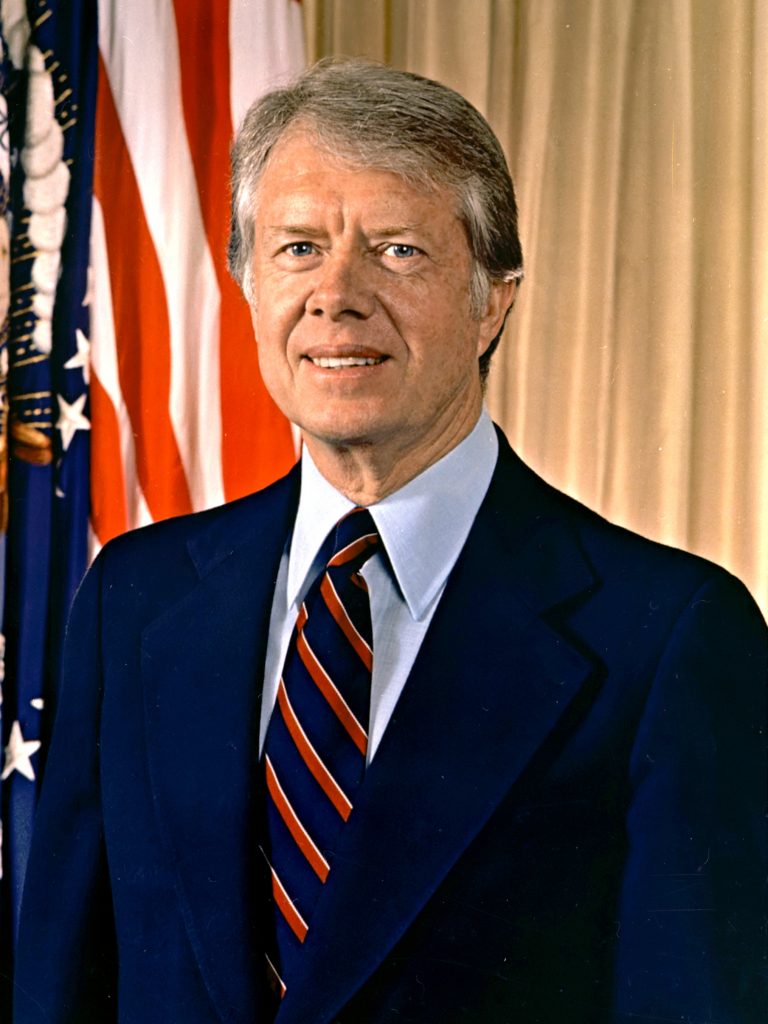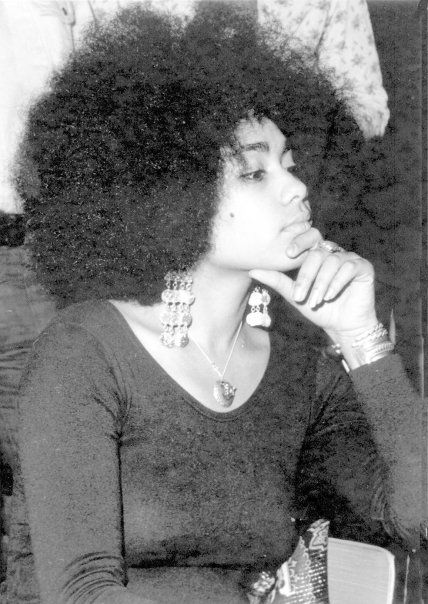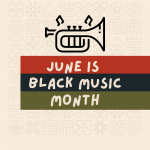|
Getting your Trinity Audio player ready...
|
June is Black Music Month! Black music and culture have helped shape an entire century of American history. Starting with the negro spirituals born out of the excessive hardships of slavery, the creation of gospel, and the evolution of blues, jazz, and R&B, not to mention the influence of black artists within rock and roll, rap, and hip-hop music.
President Jimmy Carter

On June 7, 1979, President Jimmy Carter announced June as “National Black Music Month,” This comes over 100 years after the Emancipation Proclamation theoretically ended the institution of slavery in the country and only 15 years after the Civil Rights Act of 1964. June has been the month designated as the time to honor it formally. This month celebrates the Black musical influences that comprise an essential part of our nation’s treasured cultural heritage. During June and beyond, we should appreciate the contributions of African-American musicians, composers, singers, and songwriters in American culture.
President Carter wanted to focus on the impact Black music has had in the world. However, National Black Music Month wasn’t official because he had not signed a special presidential proclamation.
The Beginning

It became official, in 1998 during President Bill Clinton’s term, a renowned journalist, community activist, and artist manager, Dyana Williams, submitted a petition to hold an event at the White House celebrating Black Music Month. Unfortunately, her plea was rejected due to the absence of a presidential proclamation. Determined, Williams lobbied for legislation with Congressman Chaka Fattah and GRAMMY® Award winner Kenny Gamble to draft House Resolution 509, which is better known as The African-American Music Bill. In 2000, the bill was signed by former President Bill Clinton.
President Carter held the first Black Music Month event at the White House on June 7, 1979.
President Obama’s contribution
President Barack Obama renamed Black Music Month to “African-American Music Appreciation Month” in 2009 but preserved its goal.
“As a long piece of American culture, music offers a vibrant soundtrack to the story of our people and our Union. When words alone could not bring us together, we have found in melodies and choruses the universal truths of our shared humanity. African-American musicians have left an indelible mark on this tradition, and during African-American Music Appreciation Month, we can pay special tribute to their extra-ordinary contributions”.
President Barack Obama
President Trump
On May 29, 2020, President Trump officially proclaimed June 2020 “African-American Music Appreciation Month.” (I thought President Obama already did this!).
Spirituals
The Spirituals’ included plantation songs and work songs that evolved into the blues and gospel songs in church that we know of today. These songs were originally an oral tradition and imparted Christian values while also defining the hardships of slavery.
Blues, Ragtime, and Jazz
The blues can be traced back to the slave trade era from 1619-1809. During the era, history has documented that slave ship captains would encourage slaves to sing and dance hoping it would keep them alive until they arrived to be sold.
In the 1890’s “Ragtime” was born in the Black communities of St. Louis. This style takes traditional march form, similar to the music of John Philip Sousa, and adds the syncopated, or “ragged,” rhythms of African music.
Jazz was often improvisational and was developed by Black people and influenced by both Europeans harmonic structure and African rhythmic intricacy.
R&B, Rock & Roll, and Soul
In the 1940s, the term “rhythm and blues” (R&B) was coined as a phrase for secular music made by Black Americans. What would soon come from R&B and country music was rock & roll.
Hip Hop
Hip–hop originated in the predominantly Black and Latino section of New York City, the South Bronx section in the late 1970s. Hip-hop emerged as a reaction to the socio-economic conditions in Black and Brown neighbourhoods.
How to Celebrate
- Listen to different genres of music.
- Go to a concert.
- Ask a senior citizen who their favorite black artist was growing up.
- Watch a documentary about black music or about a black artist you have never heard of.
- Read books on black musicians.


